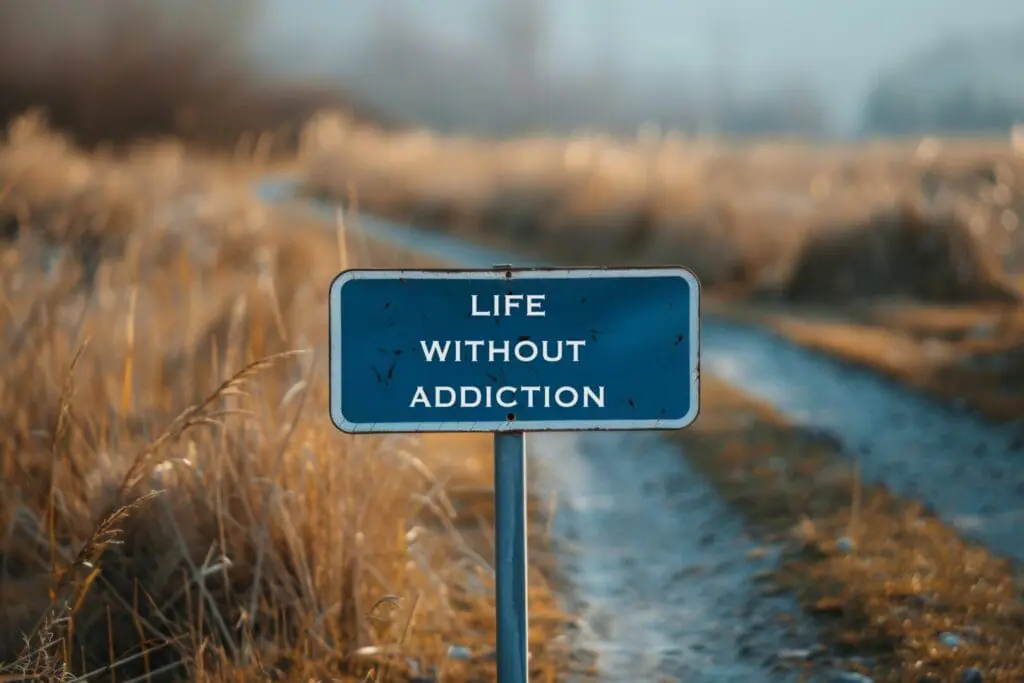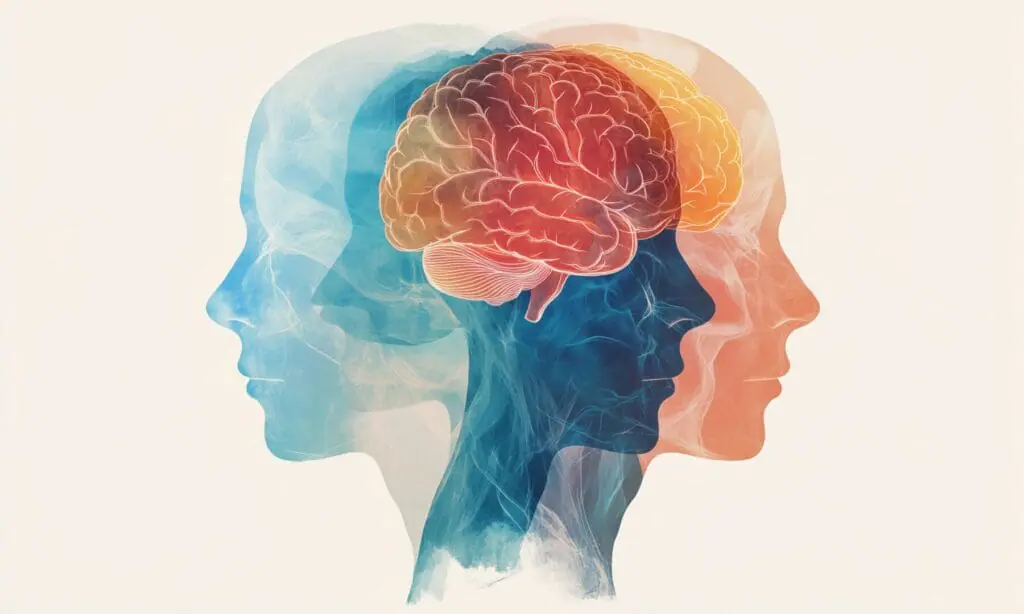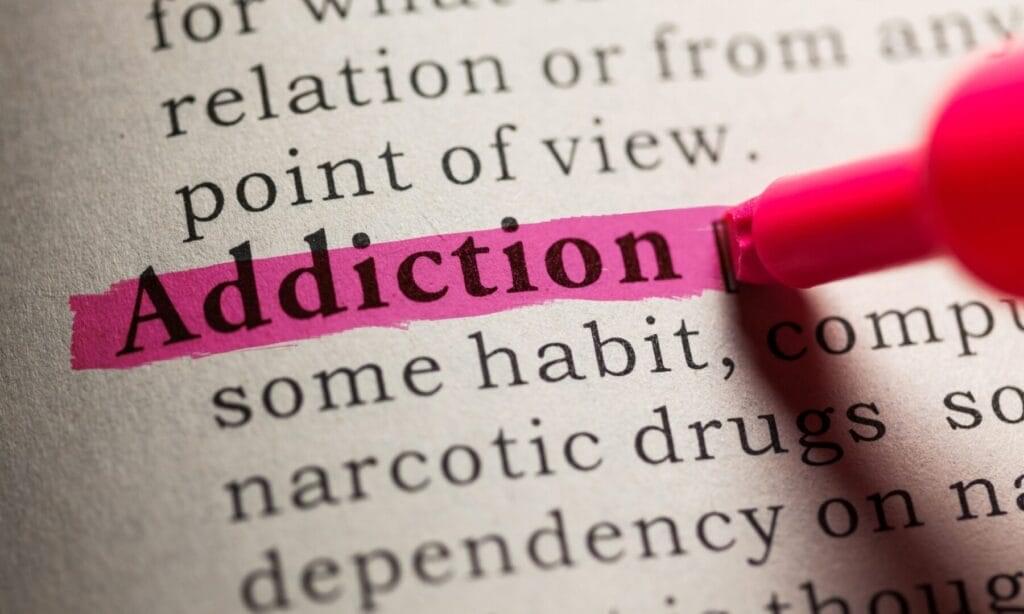When comparing alcohol recovery and drug recovery, both are highly individual processes. No two people’s recovery experiences are going to be the same, regardless of whether they’re affected by alcohol or drug addiction.
With that being said, some differences can happen during the earliest stages of recovery when comparing alcohol addiction to drug dependence.
Both types of recovery share common objectives, including attaining sobriety, rebuilding lives, and fostering a sense of lasting wellness, but the routes may differ.
What Is Addiction Recovery?
Addiction recovery is a process where you work to overcome dependence on drugs or alcohol to achieve sustained sobriety. While staying substance-free is a considerable part of recovery, it’s also about living a fulfilling life. Recovery should include a holistic approach to addressing the physical, psychological, and social elements of addiction.
Substance recovery includes a set of strategies, therapies, and support systems tailored to your individual needs and situation.
Some of the most critical parts of addiction recovery include:
- Detoxification or detox is the first phase of recovery, where your body is clearing substances from your system, and you’re going through withdrawal. To manage withdrawal symptoms safely, you may need medically supervised detox.
- Most people require participation in a treatment program that’s designed to address their specific substance abuse and co-occurring disorders. These treatment options can include an inpatient or outpatient rehab program, therapy on an individual or group basis, medication-assisted treatment, and holistic therapies.
- Behavioral therapies are central to recovery and aim to help you identify and change your unhealthy beliefs, thoughts, and behaviors as they relate to substance abuse. Many evidence-based therapies can be helpful in addiction treatment, such as cognitive-behavioral therapy, contingency management, dialectical behavior therapy, and motivational interviewing.
- Peer support groups provide an environment where people in recovery can receive and give encouragement, share experiences, and learn from others. These support groups include 12-step programs like Alcoholics Anonymous and Narcotics Anonymous, as well as alternatives like SMART Recovery.
- Relapse is a risk shared in alcohol and drug recovery, but you can lower your risk by identifying triggers, building coping skills, and creating a relapse prevention plan.
- Substance recovery is a journey you’ll be on for your entire life, requiring continual support and commitment. Once you complete a formal treatment program, you may benefit from aftercare services to ensure you continue to thrive in recovery.
When you’re in recovery, whether from drugs or alcohol, it’s a process that helps you not only break free from addiction but rebuild your life and a sense of fulfillment and purpose, no matter the specific substance you’re addicted to. You can achieve a lasting recovery if you have the right support and resources.
Alcohol Recovery vs. Drug Recovery
Alcohol recovery and drug recovery share a lot of similarities. Still, there are also a few notable differences in the two processes that stem from alcohol’s unique characteristics, the different types of drugs, and the distinct challenges they present.
Alcohol Recovery
Some of the critical features of alcohol recovery that can set it apart from drug recovery include:
- Alcohol is legal and perceived as socially acceptable. That can make alcohol recovery challenging because it’s a pervasive presence in so many social settings, and there are a lot of cultural norms that encompass drinking.
- Alcohol withdrawal can be intense and life-threatening for some people. Many people who are dependent on alcohol do need medical supervision as they detox to deal with symptoms like tremors, seizures, hallucinations, and delirium tremens (DTs).
- Recovery from alcohol emphasizes behavioral therapies and support groups like AA. Counseling and therapy might focus on treating underlying mental and emotional issues and building coping skills and strategies for relapse prevention.
- Relapse triggers in alcohol recovery include stress, social pressure, and exposure to alcohol-related cues.
- Lifestyle changes in alcohol recovery can include avoiding environments where there’s alcohol use, establishing a support network, and ensuring you have a set of healthy coping strategies you can rely on.
Drug Recovery
Critical features of drug recovery that can make it distinct from being in recovery from alcohol addiction include:
- Drug recovery includes a range of substances, and each will have its effects, symptoms of withdrawal, and treatment considerations. Drugs include opioids, benzodiazepines, stimulants, and illicit substances like heroin and cocaine.
- Withdrawal symptoms vary depending on the particular substance but are usually flu-like symptoms, cravings, anxiety, and depression. It’s rare for drug withdrawal to be life-threatening, but it’s possible, especially with benzodiazepines. For some drugs, a medical detox may be necessary.
- Recovering from drugs usually includes a combination of medications, behavioral therapies, and holistic approaches. These are tailored to the specific drug of abuse and your individual needs. For example, medication-assisted treatment is frequently used for opioid addiction.
- Relapse patterns when you’re in drug recovery are influenced by factors like the addictive nature of the drug, environmental cues, and co-occurring mental disorders. Relapse prevention strategies include medication management, ongoing therapy, and support groups.
- If you’re in recovery from drugs, you might have to navigate environments where there’s prevalent or normalized drug use.
So, what about the similarities between alcohol and drug recovery? Some have been discussed, but there are many commonalities, including:
- To achieve alcohol or drug recovery, participation in an individualized treatment plan is almost always needed.
- The underlying emotional, social, and psychological factors that contributed to addiction in the first place need to be addressed through therapy and counseling.
- Support from friends, family, peers, and professionals can be crucial in recovery.
- Recovery usually requires significant lifestyle changes, such as building healthier habits, prioritizing self-care, and finding other coping mechanisms.
- Recovery requires ongoing commitment and long-term management strategies.
Navigating the complexities of addiction recovery, whether from drugs or alcohol, is a challenge. There are commonalities and differences, but the recovery path isn’t one you take alone. It requires compassionate professionals to guide you, peer support, and participation from loved ones.
If you’re struggling with addiction, whether to drugs, alcohol, or both, you aren’t alone, and San Diego Detox is ready to provide the support and guidance you need to take the initial steps toward recovery.







